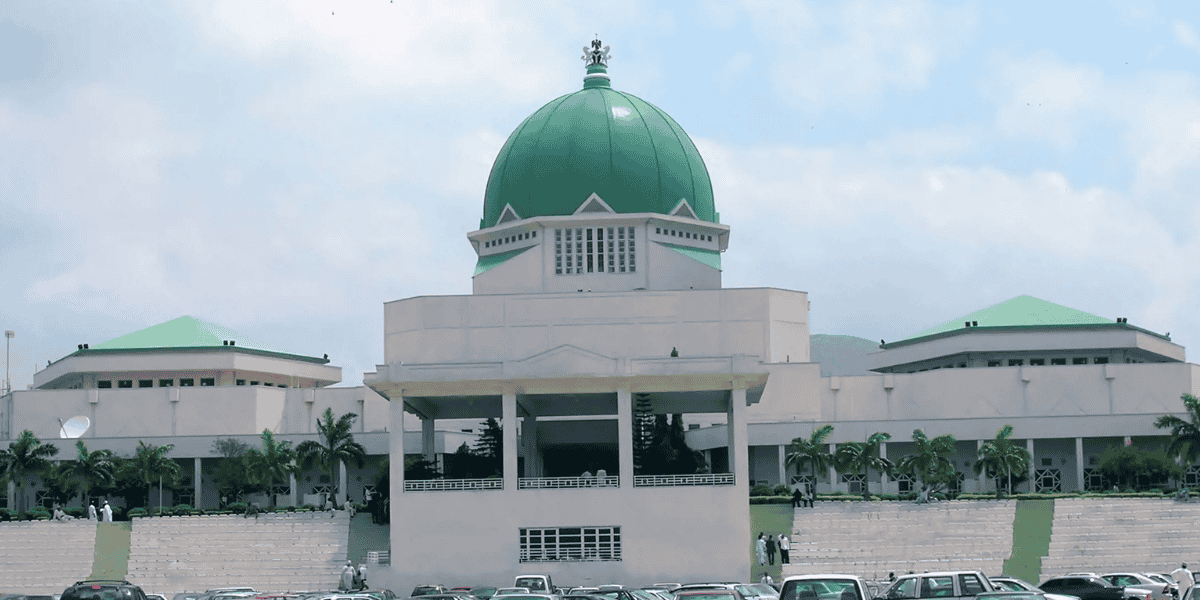On 8 February the IMF published a country focus analysing Nigeria’s economy, based on the findings of consultations with Nigeria in relation to Article IV of the IMF’s articles of association.
Nigeria is expected to have only a weak and gradual recovery if current policies are continued. Real GDP growth is projected to reach 1.5% in 2021 and will only recover to its pre-pandemic level in 2022. There are downside risks from further developments in the pandemic. In the medium term, oil prices are expected to remain low due to the subdued global recovery, decarbonization trends and OPEC quotas that will restrict oil-related activities as well as fiscal revenues and export income. Non-oil growth will be slow due to inward-looking policies and regulatory uncertainties.
Raising more revenue
The tax to GDP ratio is low in Nigeria and a large share of revenues is absorbed by public debt service payments. There is insufficient fiscal space for social and infrastructure spending or spending to provide support in an economic downturn. Domestic revenue mobilisation through progressive measures to increase efficiency is a priority in the near-term.
Nigeria should therefore review the tax exemptions and customs duty waivers currently given. The tax base for excise taxes should be widened and Nigeria should develop a high-integrity taxpayer register, improve the digital infrastructure and increase the rates of on-time tax filing and payment.
When the economic recovery is under way the value-added tax (VAT) rate should be increased to at least 10% by 2022 and to 15% percent by 2025. This would be around the average VAT rate in member countries of the Economic Community of West African States (ECOWAS).
Economic diversification
Currently hydrocarbon products still account for 90% of exports. To successfully achieve economic diversification Nigeria requires trade openness. GDP can be increased by a successful shift towards export-oriented industrialisation but this would require a change of policy direction. Currently, policies are oriented toward job creation and improved living standards, but there is a growing number of young people entering the labour market and a need to create at least five million new jobs each year for the next ten years. The introduction of more open trade and competition policies could lead to diversification of the economy and could boost economic growth, helped by the implementation of the African Continental Free Trade Area.
Transparency measures
Nigeria should implement further transparency reforms by widening the scope of the monitoring and reporting of all government spending and by facilitation public access to the data on spending.












